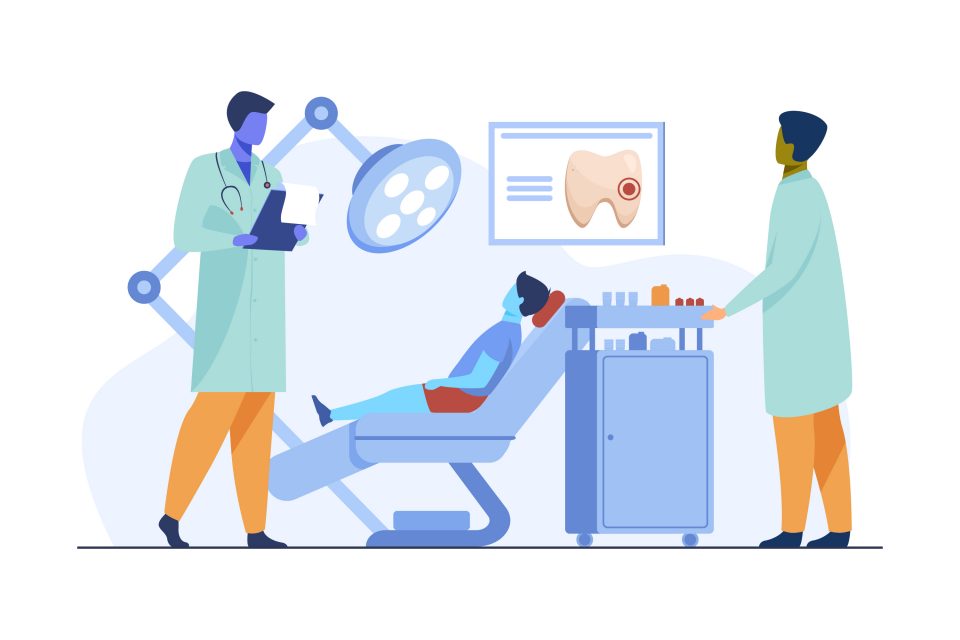Disease is defined as, “a disorder of structure or function in a human, animal, or plant, especially one that produces specific signs or symptoms or that affects a specific location and is not simply a direct result of physical injury.” Symptoms are those which are felt and signs are those which are seen. Disease may show signs but no symptoms. Two areas dentists see signs of, often without symptoms, are bruxism (grinding)/clenching and GERD or gastroesophageal reflux disease, causing chemical erosion of the teeth.
Some people present with symptoms relating to these two issues, but more often than not, people do not have symptoms. Dental patients who present with signs of tooth wear or acid destruction are riskier to treat. Riskier because the “issues” are often times, and maybe even most often, not treated. This is a significant reason for tooth structure breakdown and shorter life-span of dental work.
However, that’s not really what I wanted to highlight in this week’s column. There are many reasons why people have these two issues. Sometimes these problems are preventable with simple lifestyle changes; other times they need more aggressive treatment because they are coming from the central nervous system or related to something else going on in the body. They can also be caused by certain medications.
In today’s world, everyone is being pushed to their limits in just about every aspect that you can imagine. More is demanded with less time to accomplish. All this can become a source of stress, anxiety and even depression.
This “epidemic” spurred the development of newer medications with fewer side effects to help manage these conditions and hence, the SSRIs (selective serotonin reuptake inhibitors) were born in 1988. Since then, recent reports show that the use of the SSRIs (i.e. Paxil, Zoloft, Prozac, Celexa, Effexor, etc.) has increased more than 400 percent!
Dentists see the signs of bruxism or clenching/grinding of the teeth on a regular basis, and some of it is the result of stress and anxiety. But another factor that we have to keep in mind is that patients are now taking more anti-anxiety and antidepressants than ever before in history. It is often overlooked, but the SSRIs and even some of the SSNRIs (Selective Serotonin Norepinephrine Reuptake Inhibitors) often increase bruxism or clenching and grinding effects at night.
This leads to patients having an increased frequency of headaches, jaw pain and other symptoms of clenching/grinding. I have seen many patients who have presented with increased frequency and intensity of symptoms shortly after the patient starts on these medications. I have found that sometimes a change in medication or reduction in the dosage with the help of the prescribing medical doctor can help.
Sleep can also be affected by all this clenching/grinding going on. Again, symptoms may or may not be present. Dental splints, or orthotics, which are custom-made to treat specific issues, are very underutilized. Often times, patients try generic mouthguards or nightguards with poor results. The right appliance can make all the difference in the world.
You should certainly discuss any symptoms you have with your dentist and physician. If you don’t have any symptoms but your provider can show you evidence of disease, be open to digging deeper to try to determine the underlying cause. Everything is connected.
Dr. St. Clair maintains a private dental practice in Rowley and Newburyport dedicated to health-centered family dentistry. He has a special interest in treating sleep apnea and TMJ problems. If there are certain topics you would like to see written about or questions you have please email them to him at jpstclair@stclairdmd.com




